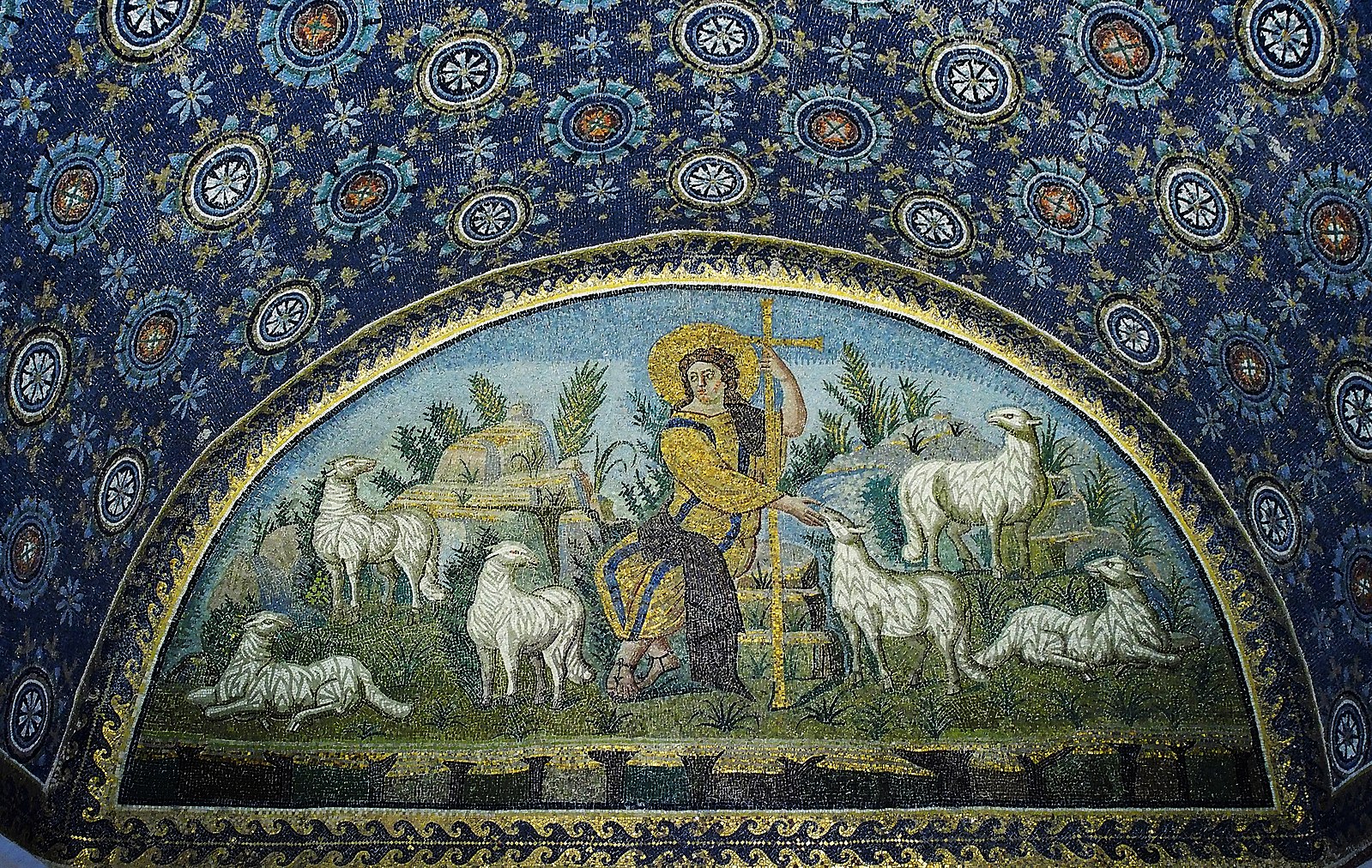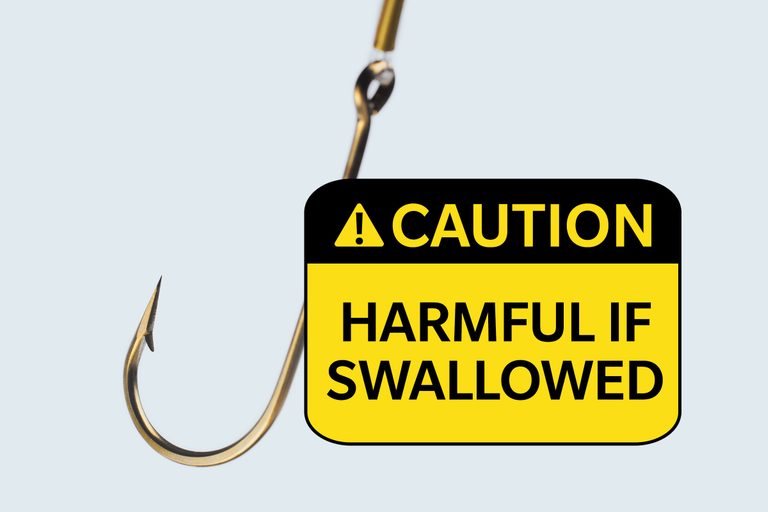 |
| Happy Mormons in harness |
Friend Xerxes laments the collapse of Christian congregations in North America.
Like him, I lament the decline of various well-established Christian denominations, the loss of community, of social cohesion, and, not least, the loss of many beautiful and historic churches. A vital part of our heritage is being lost, and nothing is being done.
On the other hand, it is worth remembering that this is a local phenomenon. Christianity is growing worldwide.
The problem also varies by denomination. The United Church, Xerxes’s church and the largest protestant denomination in Canada, is cratering, true; as are the Anglicans and the Presbyterians. And apparently in the US the Baptists are beginning to decline, despite America’s strong religious culture. These are, broadly, the “mainline” Protestant denominations.
However, the Catholic Church is holding its own in the US, while growing worldwide. Xerxes cites a decline in church attendance in Britain. But there is another story: in Britain, Catholicism has now overtaken Anglicanism in membership. Rather historic. Albeit probably fueled in large part by immigration.
I hear reports that Eastern Orthodoxy, although small in America, seems to be holding its own, or better.
And the Pentecostal and non-denominational evangelical churches are growing; including Assemblies of God, no small splinter group. I understand a lot of those who show up as “nones” in the stats are actually attending non-denominational churches. They may have no commitment to any specific denomination, yet be fervently Christian. The number of actual declared atheists or agnostics is actually only 4% and 5% in the US, respectively. And in the recent polls, that number is not growing.
So things are really not all that bad; I even smell a religious revival.
Xerxes suggests that the decline in numbers may be due to denominations splitting. Christian unity seems like a good thing, but I see no obvious reason why these two factors would be related. And Protestant denominations have been splintering for 500 years; this is not some recent phenomenon.
I think the most obvious reason for the mainstream decline is complacency. In prolonged peacetime and prosperity, people forget God. The last great burst of religiosity was just after the Second World War, and under the nuclear threat of the Cold War. There are no atheists in foxholes.
This would explain why the fervour is great in the Third World, yet in decline in the industrialized West.
The next cause, I suspect, for religious disaffiliation is that there are just a lot more things to do with our leisure time than there were before the Internet. Back in the day, going to church was the dress-up highlight of the family week; followed by a special meal and a Sunday drive. Toronto newspapers used to cover the sermons, in advance and in review. In smaller communities, tent revivals were the event of the year. Note there is now a decline not only in church attendance, but a comparable one in voluntary associations of all kinds: the Masons, the Oddfellows, the Legion, the Rotary Club, bridge clubs, the community band or choir. All compete now with streaming services, vast selections of free media, and video games.
The next cause, I think, and the one something can actually be done about, is that the mainline denominations have complacently focused on retaining instead of seeking members. Those not busy growing are busy dying.
A religion is, literally, a “binding.” It requires commitment. Denominations that are succeeding are denominations that make demands. Denominations that are declining are denominations that cater to whatever they think those in the pews might want.
There is no reason to belong to such a denomination. You want direction in life: you do not want to be polled and simply echoed. You might as well join a book club, or go to the gym. At least then you might be bettering yourself.
Consider the Mormons—the fastest growing Christian denomination, if you count them as Christian. No alcohol, no coffee or tea, no premarital sex, tithing, a two-year commitment of servitude, and so forth. And they are getting the lion’s share of the converts.
You might object that non-denominational evangelical churches are, by contrast, especially loosey-goosey. No commitment to any particular theology, after all.
But they too promise and demand a complete change in your life. The commitment is not to a particular set of dogmas or rules, but they demand a total commitment to Jesus and the Holy Spirit. You must repent in tears, you must give up your old sinful habits: promiscuity, drugs, alcohol. It amounts to the same thing.
When Methodism, now the United Church, made similar demands, it was similarly popular.
Within Catholicism, the growing branches on the vine are two: those that stress “traditionalism,” with fasting, rituals and prayers, daily novenas, sexual abstinence; and the charismatic movement, which mimics pentecostal forms of worship.
In other words, in all cases, the congregations that grow are those that give new members a mission, a meaning, and a yoke to hoist on their shoulders.
Growing congregations do not seek to conform to or appeal to or work with the world; they seek to depart from the world, or change the world individual by individual.
This is what people want, if they want religion at all. And whether or not most people want religion, all people need religion, and it is the duty of the religious to see that it is at least on offer.
A denomination must not be just a social club; and people have less need for social clubs than they once did.





























